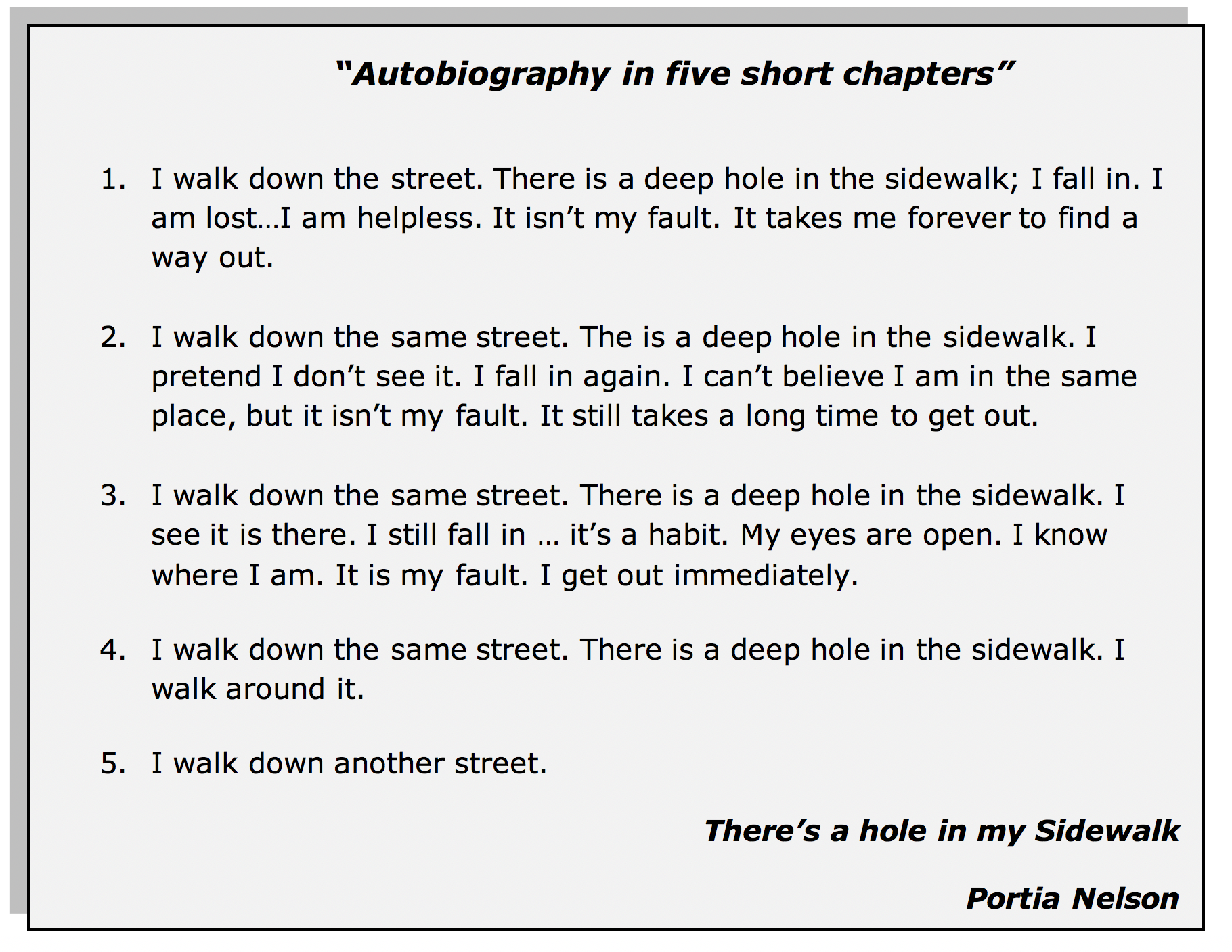Community of Practice
Article Library
Communities of practice are formed by people who share
a passion for something they do or are interested in.
a passion for something they do or are interested in.
The Enneagram as a tool for self-discovery:
Waking up to our own Stories
Waking up to our own Stories
The Enneagram describes nine different stories, or ways that we might operate when we are on automatic pilot. There is no better or worst personality type: they are just nine different filters to the outside world.
Each personality has its own unique defence mechanism. Each of us believes that our strategy for survival is the right one. These strategies feel right. Sometimes, though, they lead us and others astray. The Enneagram provides a framework to guide and support a personal shift away from the survival strategy to an understanding of the other positions and more conscious behaviour.
Self-awareness and Personal Mastery
Through self-observation you can understand the relationship between you and your personality and what triggers your survival strategy. It is important to note that there are several survival strategies for each type. How dominant they are will depend on the level of self-awareness and self-management. Peter Senge argued that we need to be able to self-observe and that we need to discuss our behaviours with others. One of his Pillars of Leadership is Personal Mastery. For Senge, Personal Mastery embodies the skills we need to master ourselves as adults rather than children. This involves self-discipline as opposed to reacting compulsively. Through self-observation you can understand the relationship between you and your personality and what triggers your survival strategy. “Managers must learn to reflect on their current mental models, that is their primitive survival strategy. … If managers believe their world views are facts rather than a set of assumptions, then they will not be open to challenging their world views.” (Peter Senge. The Fifth Discipline).
Our Enneagram Mental Maps
Our brain wiring is individual. Thoughts, memories, skills and experiences create a web of complex chemical pathways or neurotransmitters forming our mental maps. We process information in a fraction of a second and compare it to our pre-existing maps. New data is continually compared to our existing maps. We tend to remember information that supports our beliefs far better than information that disproves them. People tend to fight hard to hold on to their view of the world. When external realities change, people’s internal realities often do not change as quickly. We see things according to our assumptions and expectations – our mental maps. Unfortunately, we often make the assumption that another person’s brain works the same as ours which often causes difficulties. It is important that we understand that the map is not necessarily the territory.
Changing our stories
Our inner stories use well-laid neurological tracks. They are what we rely on when we are on automatic. The art of learning is stimulating new neural connections. It takes more effort and energy in adulthood to learn things which would have come easily in early years, because of ingrained patterns that are already in place. It is even more difficult when we have to change old habits and replace them with ones that are more effective. Studies in neuroplasticity have overturned the doctrine of the unchanging brain. A brain system is made up of many neuronal pathways, or neurons that are connected to one another and work together. Secondary neural pathways can be “unmasked” and strengthened. This is the plasticity of the brain at work. The brain can re-organise its maps. Understanding the inner stories and their patterns helps us to make conscious choices about how we act, think or feel. If we are self-aware, we can recognise these patterns and choose not to allow the mental map or patterning to influence us unduly. Portia Nelson describes this process of changing the habitual response to the inner story. Waking up to our own stories through increased self-awareness can be a humbling process.

Veronica Lunn - 8th May 2019
Copyright © 2026 Noble Works. All rights reserved.
Terms and Conditions
Privacy Policy
Website by Michelle Byfield
Write your awesome label here.

